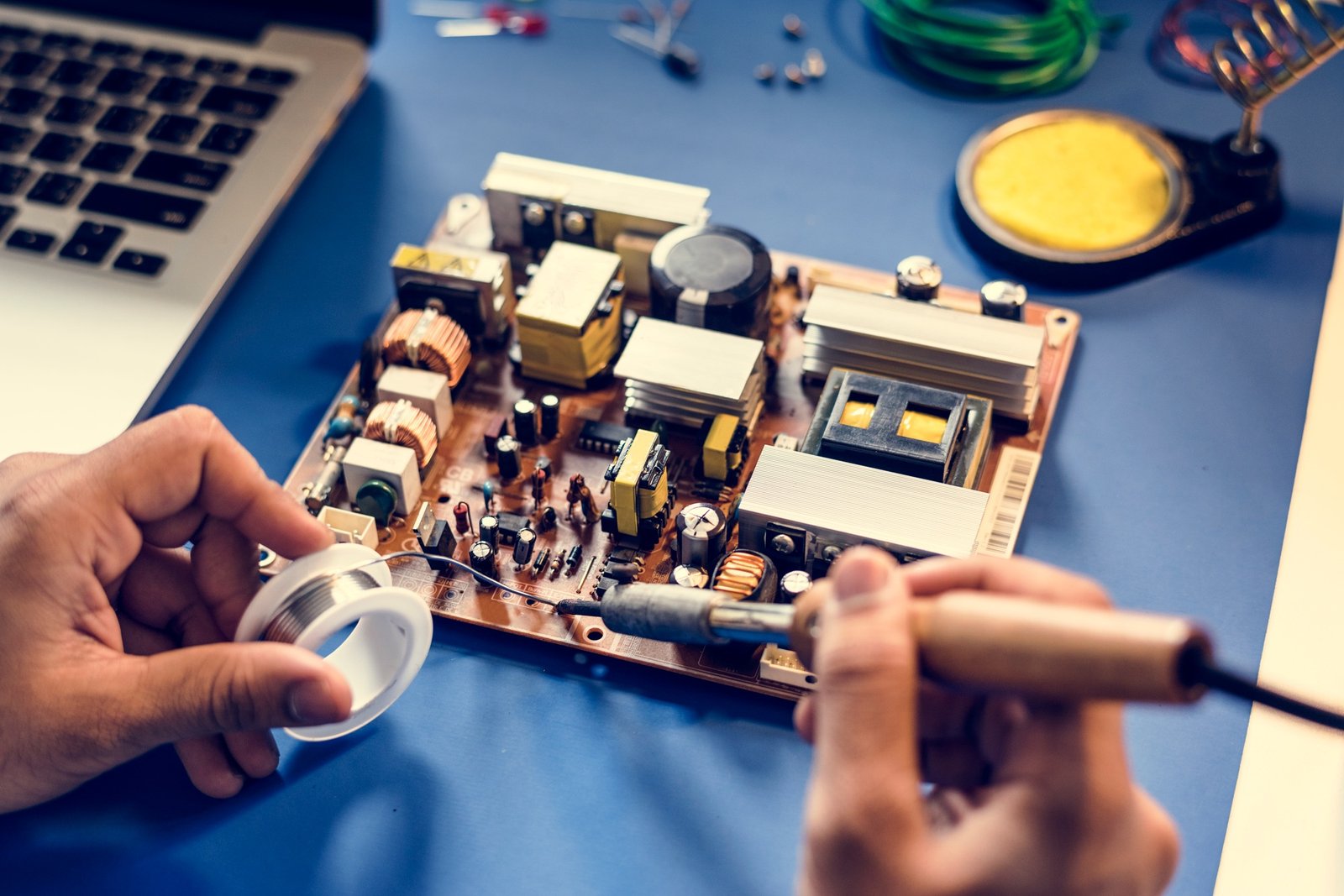We are a cross-industry innovation hub connecting music, gaming, and technology. Rooted in Hungary and reaching across Central and Eastern Europe, the Music & Gaming Technology Cluster brings together creators, developers, and visionaries to build the future of creative tech through collaboration, infrastructure, and impact-driven innovation.

The Cluster Committee is composed of the head of the management organization and members elected by the Cluster General Assembly.
The members of the music technology cluster are companies that are directly or indirectly involved in the creation of musical content or in traditional or innovative hardware and/or software-based technological developments and innovations related to music. This includes music production companies, music and data analysis software developers, music platforms, instrument manufacturers, and other divisions of industries that hold technological relevance to the music sector. In a broader sense, it may also include companies that provide services related to or supporting the music industry.

In the organization, planning, and execution of events, concerts, festivals, and other music-related happenings, various companies, agencies, and service providers can play a key role—especially those with significant exposure to technology.

Companies offering sound and lighting technology services that support music events with sound reinforcement, lighting, audiovisual technology, and other technical infrastructure.

Businesses offering studio services to musicians, bands, or those involved in music production, including audio engineering, mixing, mastering, and related services.

Companies providing music education, courses, training programs, or other learning opportunities for musicians and music industry professionals.

Media service providers that broadcast music content, organize promotions, or offer media platforms for musicians and music productions.

Companies offering legal and management services to assist musicians or labels with legal matters, royalty collection, copyright enforcement, and related areas.

Industries engaged in software development, data management, database technologies, artificial intelligence, machine learning, blockchain, etc. These technologies significantly contribute to music services, applications, sound recognition, studio technologies, and other music-related innovations.

Electronic components and devices developed in this sector are essential for music technology. The production and innovation of speakers, headphones, pickups, amplifiers, and other audio equipment rely heavily on the technologies provided by the electronics industry.

Telecommunication companies play a vital role in music content distribution. The development of internet bandwidth, mobile networks, and communication infrastructure enables fast and reliable access to music content.

Industries engaged in software The media and entertainment sectors—including film, television, radio, online media, and other platforms—are often closely tied to music content. Managing, promoting, and distributing music rights is a critical part of the industry.

Companies in this industry produce devices like smartphones, tablets, smartwatches, and other smart tools capable of music playback. Increasingly, such devices are becoming part of households, and their development and distribution are key to music accessibility and consumption (B2B/B2C, IoT, etc.).

Sound system design is a key element in automotive manufacturing. The knowledge and experience from the music technology sector contribute to the development of higher-quality and more efficient in-car audio systems. This includes integrated infotainment systems, voice control, and AI-based technologies. Voice recognition and audio-based navigation are valuable both in the automotive and music technology fields.

Specialized financial services and solutions provided to rights holders and users.

All industries that directly and/or indirectly provide, use, apply, or serve music content to users (B2B, B2C, C2C).

Subscribe to our newsletter